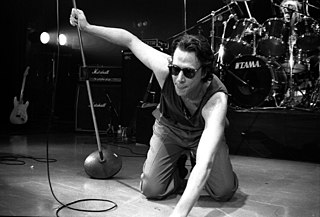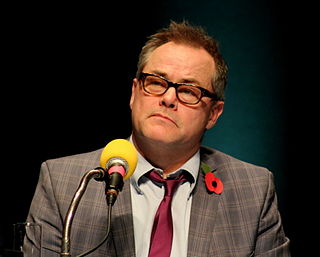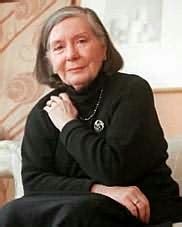A Quote by Sidney Poitier
My autobiography was simply the story of my life.
Quote Topics
Related Quotes
The autobiographer looks at life through the lens of his or her own life and really uses herself or himself as the jumping-off place to examine the social mores and the economic and political climates. In a way, the autobiography becomes history as well as the story of one person, for it becomes the story of a family or the story of the state or nation.
Despite the natural belittling of one's self, the doubts, the insecurities, we have to wake up to the realisation that we all write our own autobiography, we are the authors of our life story. Realising that, write a good story with your life and make sure to write yourself as the protagonist. Be the hero of your journey.
If one loves stories, then one would naturally love the story of the story. Or the story behind the story, pick your preposition. It does seem to me to be a kind of animal impulse almost, a mammalian curiosity. For a reader to wonder about the autobiography in a fiction may be completely unavoidable and in fact may speak to the success of a particular narrative, though it may also speak to its failure.
Reminiscences, even extensive ones, do not always amount to an autobiography. For autobiography has to do with time, with sequence and what makes up the continuous flow of life. Here, I am talking of a space, of moments and discontinuities. For even if months and years appear here, it is in the form they have at the moment of commemoration.




































